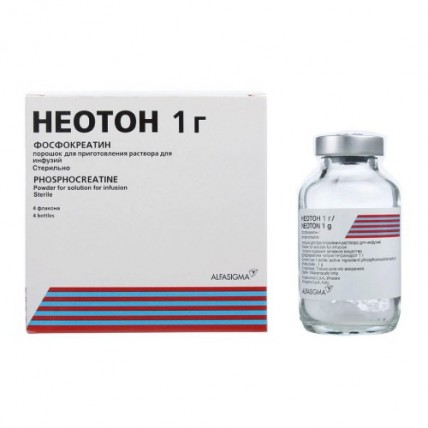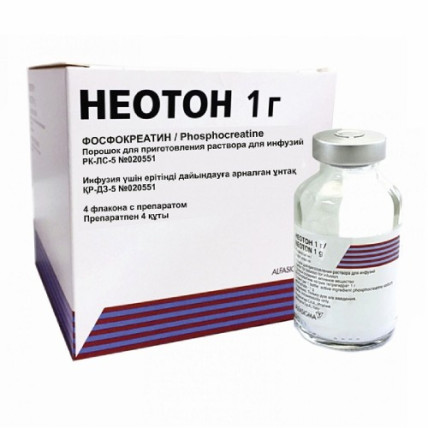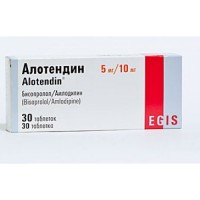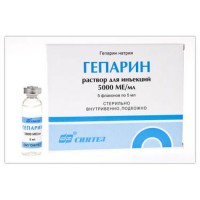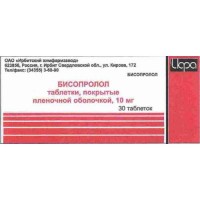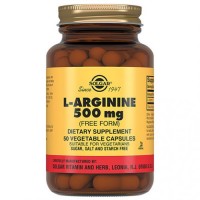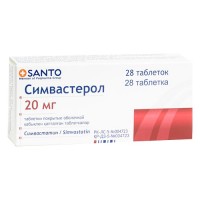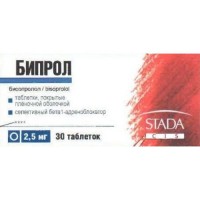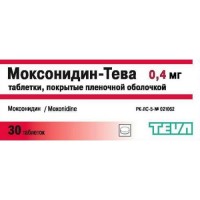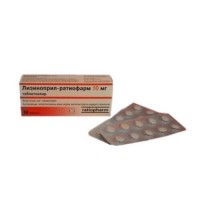Neoton (Phosphocreatine) powder for solution for infusions 1 g x 4 vials
- $302.30
What is Neoton (Phosphocreatine) Powder?
Neoton (Phosphocreatine) is a medication primarily used to support the heart, particularly during surgeries.
It is formulated as a powder for infusion, meaning it must be dissolved in a liquid before being administered intravenously.
Each vial contains 1 gram of Phosphocreatine in the form of sodium salt.
Phosphocreatine plays a crucial role in energy production within the body, especially in tissues with high energy demands such as heart muscles.
It acts as a rapid reserve of energy by replenishing adenosine triphosphate (ATP), the main energy currency of cells.
This energy support is vital during stressful situations like heart surgery, where the heart may be temporarily stopped, and energy supplies can become depleted.
By maintaining ATP levels, Phosphocreatine helps to protect the heart from damage during periods of oxygen deprivation and supports recovery after the procedure.
This is why Neoton is often used in cardiac surgeries to ensure that the heart muscle continues to receive the energy it needs during operations.
It helps improve the efficiency of energy production, which in turn supports better outcomes for heart muscle function after surgery.
What is Neoton used for?
Neoton (Phosphocreatine) is specifically used to protect the heart muscle during cardiac surgeries and other situations where the heart experiences stress. Its main function is to preserve and enhance energy reserves in the heart, which is critical during times when the heart’s natural blood flow—and oxygen supply—are reduced or stopped, as is the case in many heart surgeries.
By boosting levels of adenosine triphosphate (ATP), Neoton helps maintain energy production in heart cells. This is essential during operations such as coronary artery bypass grafting or valve replacement, where the heart might be temporarily stopped. During these moments, maintaining adequate ATP levels helps the heart muscle stay energized, reducing the risk of ischemic damage (damage caused by lack of blood flow) and ensuring a smoother recovery.
In addition to its cardioprotective role during surgery, Neoton is also valuable in the post-operative phase. It helps improve recovery by supporting the heart’s energy metabolism, allowing it to resume its normal function more effectively after a surgical intervention. Neoton can be administered before surgery to prepare the heart, and after surgery to promote healing and enhance the function of the heart muscle.
This use is particularly beneficial for patients with pre-existing heart conditions, as their hearts are often more vulnerable to damage. Neoton’s ability to stabilize energy levels helps mitigate potential complications and ensures better overall outcomes during complex cardiac procedures.
What should be considered before using Neoton?
Contraindications
Do not use Neoton if you have a hypersensitivity to the drug or if you suffer from chronic kidney failure and require high doses (5-10 g/day).
Drug Interactions
Phosphocreatine does not interact with other medications, making it a versatile option in multi-drug regimens.
Are there any special warnings?
Administering Neoton in doses higher than 1 gram intravenously can cause a drop in blood pressure.
High doses (5-10 g/day) may also affect calcium metabolism and kidney function due to phosphate absorption.
It is important to only use high doses for short periods and under close medical supervision.
One vial of Neoton contains 180 mg of sodium, which accounts for 9% of the recommended daily sodium intake for adults, as set by the World Health Organization (WHO).
This should be considered in patients on low-sodium diets.
Can Neoton be used in children or during pregnancy?
There is no available data on the safety or efficacy of Neoton in children under 18 years old.
Neoton is not contraindicated during pregnancy or breastfeeding, but it is recommended that pregnant or breastfeeding women consult their doctor before use.
How should Neoton be administered?
Neoton is administered intravenously in concentrations of 10 mmol/L, often mixed with cardioplegic solutions for cardiac surgeries.
The content of one vial is infused over 45-60 minutes.
For cardiac procedures, Neoton is usually prescribed at 2 grams twice daily for 3-5 days before surgery and 1-2 days afterward.
Before use, the powder must be dissolved in water for injections, 0.9% sodium chloride, or 5% glucose solution.
What should be done in case of an overdose?
In the event of an overdose, symptomatic treatment is the only option as there are no specific antidotes for Phosphocreatine overdose.
What are the possible side effects of Neoton?
There are no known side effects associated with the use of Neoton.
However, any adverse reactions should be reported to a healthcare provider or relevant medical authorities.
What does Neoton contain and how is it packaged?
Each vial of Neoton contains 1 gram of Phosphocreatine sodium salt.
The powder is white or slightly yellowish in color and is packaged in neutral glass vials.
The product is available in boxes of 1 or 4 vials, along with instructions in local languages.
How should Neoton be stored?
Neoton should be stored at temperatures below 25°C (77°F) and kept out of reach of children.
It should not be used after the expiration date, which is 3 years from the date of manufacture.
